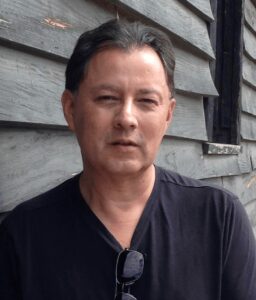
Today we’d like to introduce you to Carlos Avila
Alright, so thank you so much for sharing your story and insight with our readers. To kick things off, can you tell us a bit about how you got started?
I was born in Lima, Peru but came to Los Angeles when I was three years old. My brother, sisters and I were raised by two resourceful women – my Mexican mother and grandmother. They had lots of grit and lots of love. Even though my mother and grandmother didn’t have extensive formal education, they knew how to kick ass and get things done. So being an immigrant from Peru, I’ve had that ‘can do’ immigrant mentality ingrained in my DNA since childhood.
At first, I wanted to be a musician. I was the front man in a garage band in high school. Around that same time, I got a job as an usher at the Music Center in Downtown L.A. where I was completely immersed in the arts for the first time: jazz, ballet, the Los Angeles Philharmonic and live theatre. That was it for me. I was hooked. My family was working class and I was a Latino kid from Echo Park, but I was completely inspired and overwhelmed by what I saw at the Music Center.
I got my undergraduate degree at Loyola Marymount University. After graduating LMU, I interned with Director Gregory Nava as he prepared his follow-up film to El Norte – a movie called, A Time of Destiny. I got to spend time with Greg, but I also worked with the production designer, Henry Bumstead, who had designed several films for Alfred Hitchcock.
I then continued my film studies at UCLA’s Graduate Film school. Right out of graduate school I was able to start directing professionally. My UCLA thesis film, Distant Water, won the Grand Prix at a film festival in Tokyo, Japan. The festival gave me $175,000 to make another film. These experiences propelled me into a life as a filmmaker. I direct for studios and networks. I have also written, produced and directed independent works through my production company, Echo Park Films.
Would you say it’s been a smooth road, and if not what are some of the biggest challenges you’ve faced along the way?
As I left UCLA’s Graduate Film School, I had a strong tail wind. I was able to direct professionally within a year of leaving there. I co-wrote, produced and directed a one hour drama for PBS’s wonderful series, American Playhouse. Because I was the producer of that film, I hired myself to direct. I think the great lesson from that experience – and one that I return to over and over – is the need to create opportunities for yourself. There are times when the jobs don’t come from networks, production companies or studios regardless of how much you try. If you want to remain creative and productive you have to be a diligent self-starter. Those are muscles that you need to build.
I think for those of us who come from diverse backgrounds there is a learning curve in regard to understanding how the film and television industry works. I didn’t have family members or friends that preceded me in the industry so there was lots of learning and relationship-building that I needed to do. For me, my experiences at UCLA were helpful in that regard. I had peers and professors that provided some insight. Learning to navigate an industry that is ever-changing is challenging, but you do your best to adapt. Now that I have had several professional experiences, I’ve been able to expand my network. Having a community of artists that you can lean into from time to time helps you to keep your perspective in order to forge ahead.
Thanks for sharing that. So, maybe next you can tell us a bit more about your work?
I am a writer, producer, director. When I work exclusively as a director it is for television. I’ve directed for television shows like ‘Grimm’ and ‘Cold Case.’ In those instances, I bring all my skills and talents into a preexisting narrative world where I collaborate and fulfill the creative ambitions of the showrunners for a given episode. I am constantly vigilant to find opportunities to elevate the storytelling. Directing for episodic television is exhilarating in that a director is absorbing and interpreting the episode’s narrative while at the same time navigating the culture of a given show.
On film and television projects where I am the initiator, I wear so many different hats. You design the plane. You raise money so that you can build the plane. You then build the plane. You fly and land the plane. You spread the word so that others come on board the plane that you’ve built so that they can experience the ride. While it is a more time consuming process, there is something completely and thoroughly satisfying in seeing an idea be born into a fully realized project. There’s a sense of authorship that I find very gratifying.
I’ve had several experiences like this and it is very joyous. Most recently, my wife, Elaine Montalvo, and I produced a short film that I wrote and directed called, ‘The Kill Floor.’ I’m very proud of that film as it was critically-acclaimed and award-winning. Another project that I am particularly proud of is called Foto-Novelas. This was a limited series – six half-hour dramas – that can best be described as a Latino ‘Twilight Zone.’ We used magical realism, science fiction and fantasy to tell Latino stories. I wrote, produced and directed most of the episodes.
All of my independently-produced projects have Latino characters, themes and subject matter. I have an affinity for these types of projects and take them on whenever the opportunity presents itself. I bring all the skills and tools that I’ve developed in my episodic work into these independent projects.
If you had to, what characteristic of yours would you give the most credit to?
The three qualities that I think are essential for success and longevity in film and television are perseverance, resourcefulness and trustworthiness.
You learn early on as you navigate the industry that you are going to be hearing the word, ‘no’ a lot. The entertainment business is very competitive. Many people are attempting to be a writer or director. Rejection will certainly come your way. Rejection is part of the terrain that we journey through. But the stories of artists that have persevered despite rejection are equally abundant. You learn to keep going and create the circumstances that will make it harder for ‘them’ to say ‘no’ to you the next time. Rinse and repeat.
Resourcefulness is important in that you must ‘find a way.’ You have to be scrappy and defiant and carve a path for yourself. Assess what you have available to yourself, utilize the resources that are applicable and keep moving forward.
Finally, trustworthiness is really important. Be an honorable person. Treat people with respect and be true to your word. If you do that then people will want to keep working with you. People will speak well of you. You’ll also sleep better at night.
Contact Info:
- Website: https://www.carlosaviladirector.com
- Instagram: @carlosavila_pix
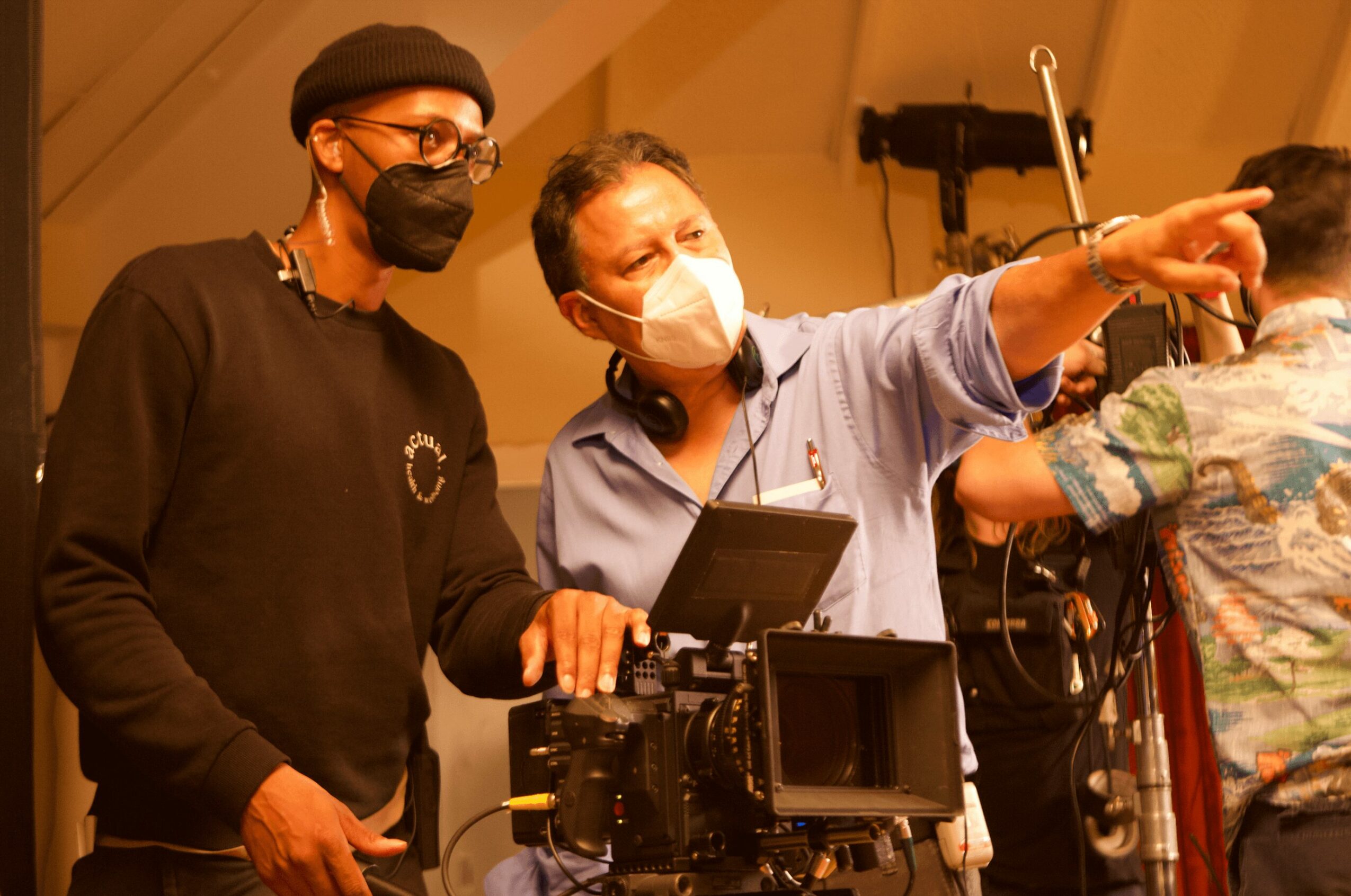
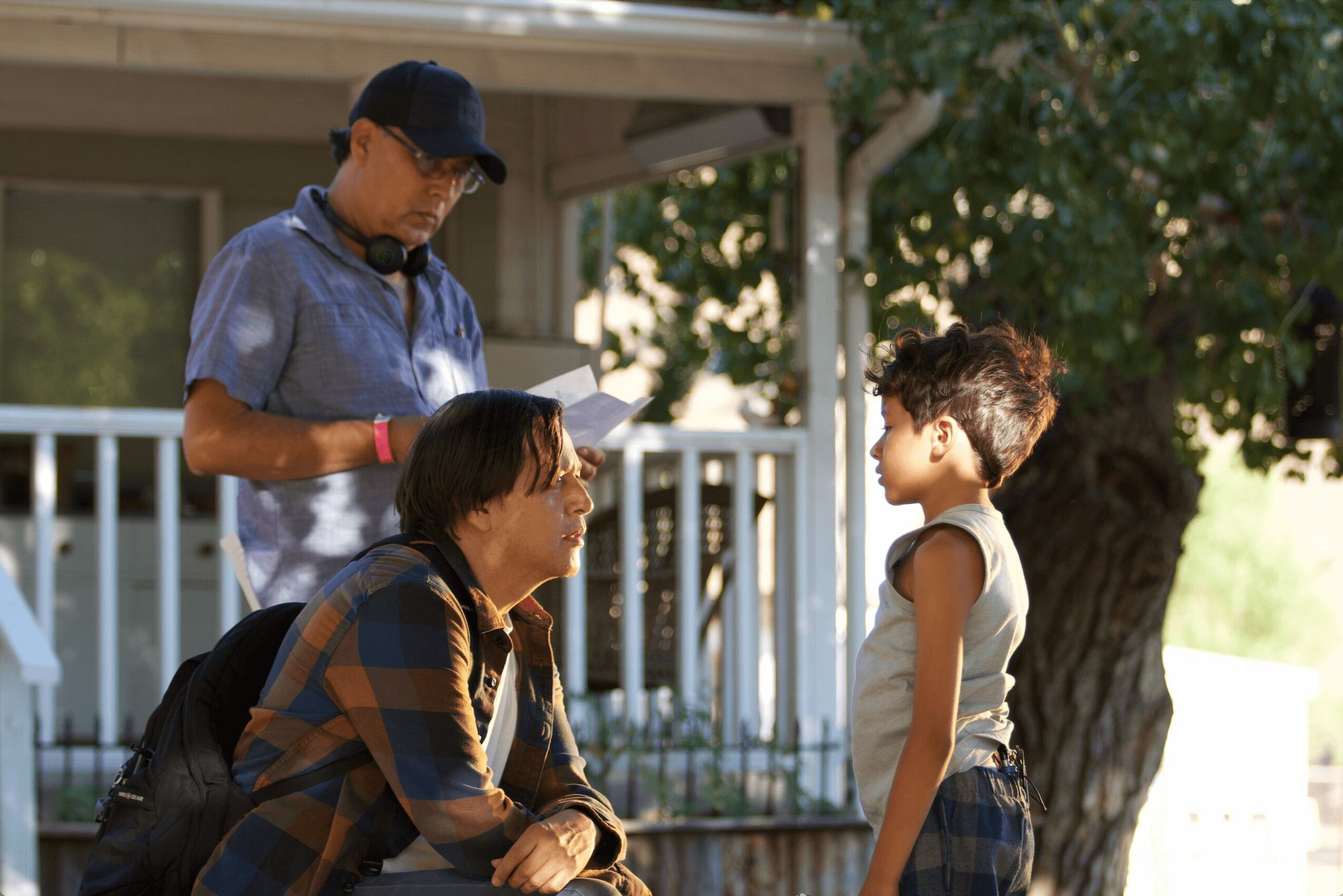
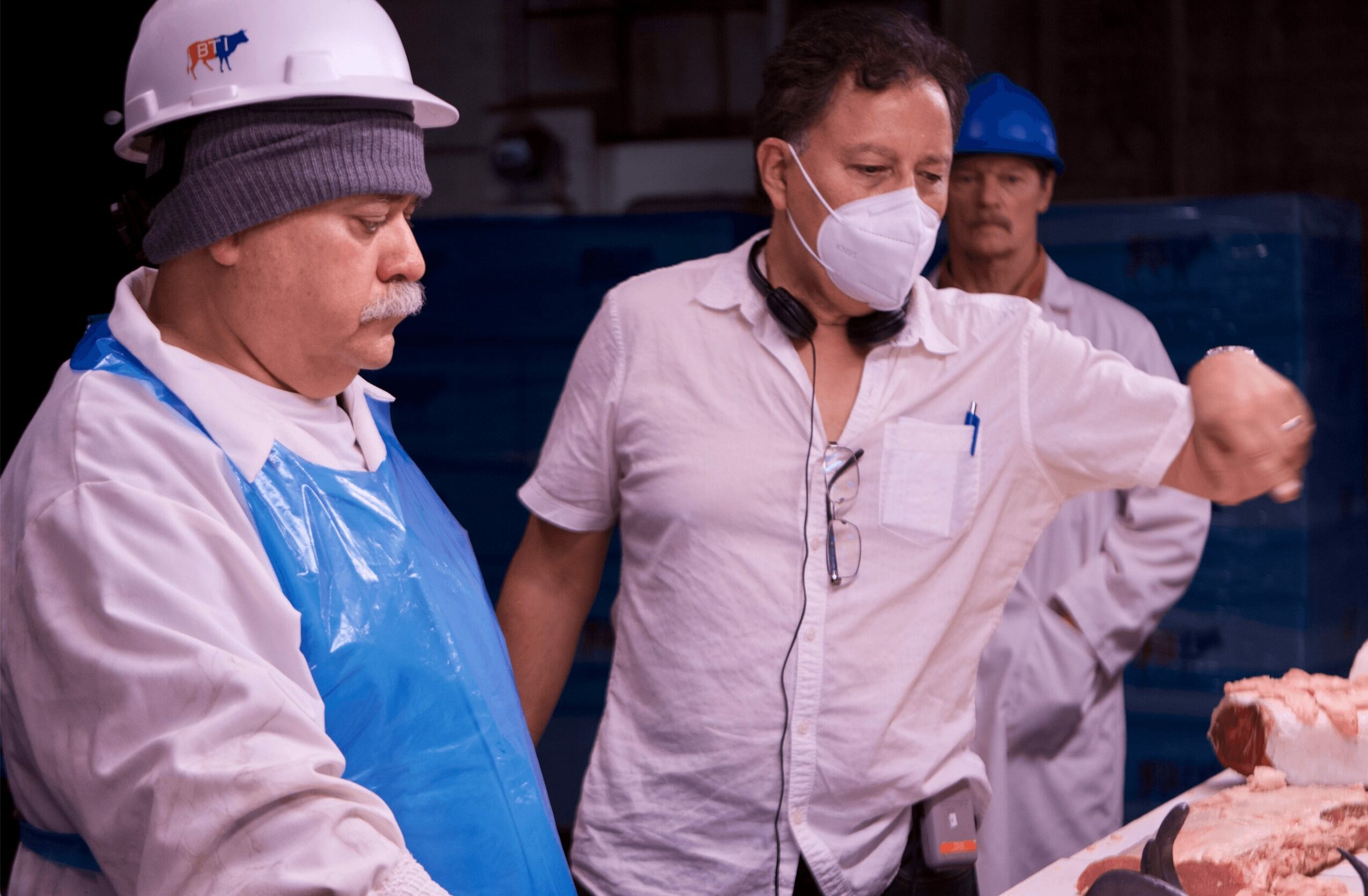
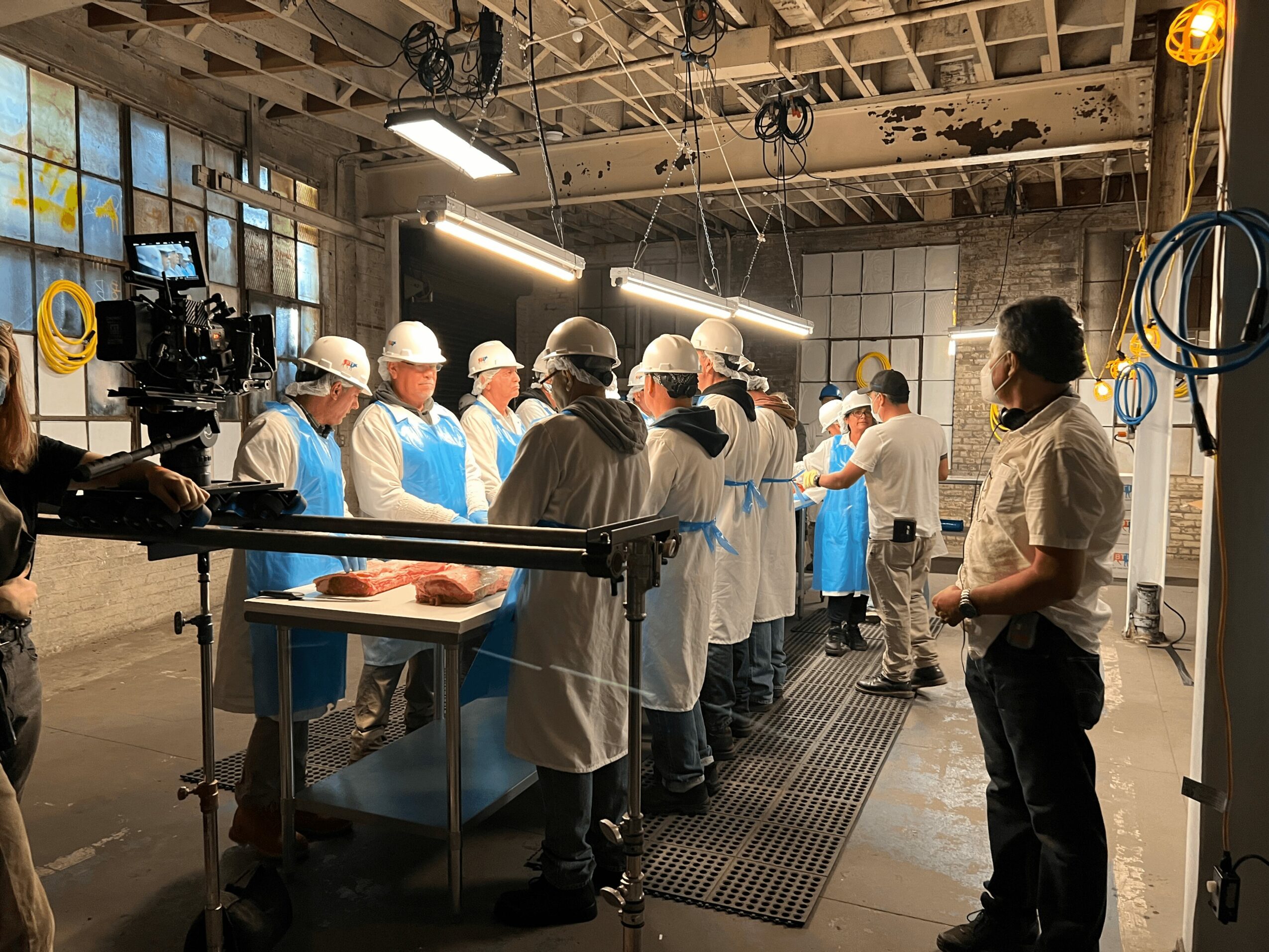
Image Credits
Echo Park Films, Inc. owns the Copyright to all the photos.
Headshot and Wide Shot of the Meatpacking plant set from ‘The Kill Floor’ – Photographer: Elaine Montalvo
All other photos from ‘The Kill Floor’ – Photographer: Sammy Sarzoza














